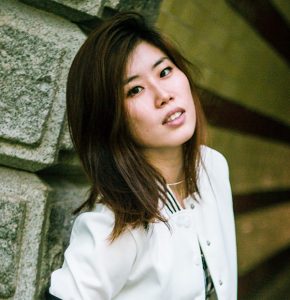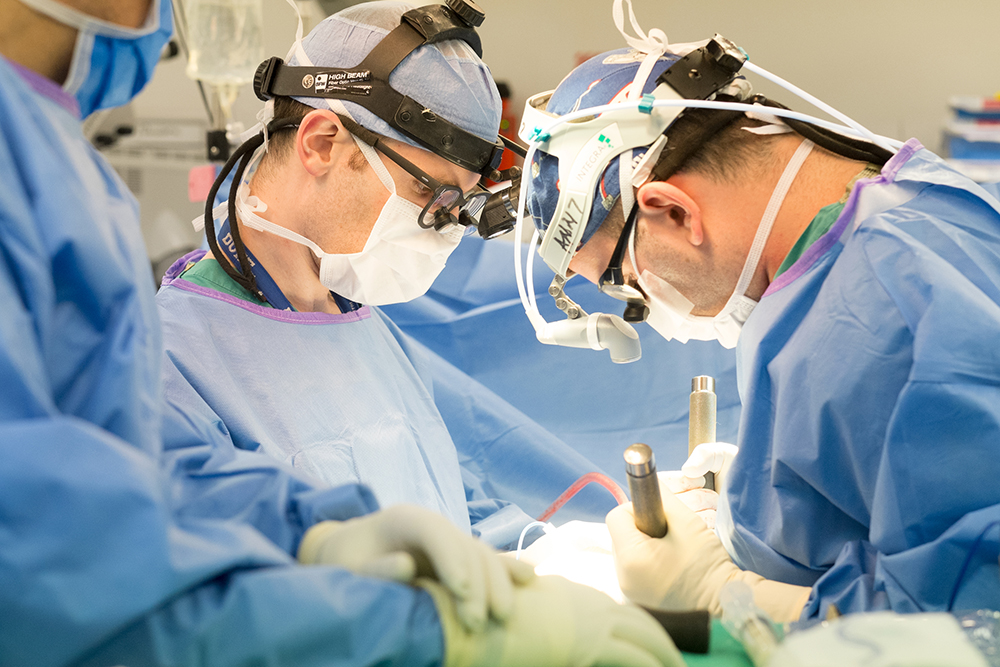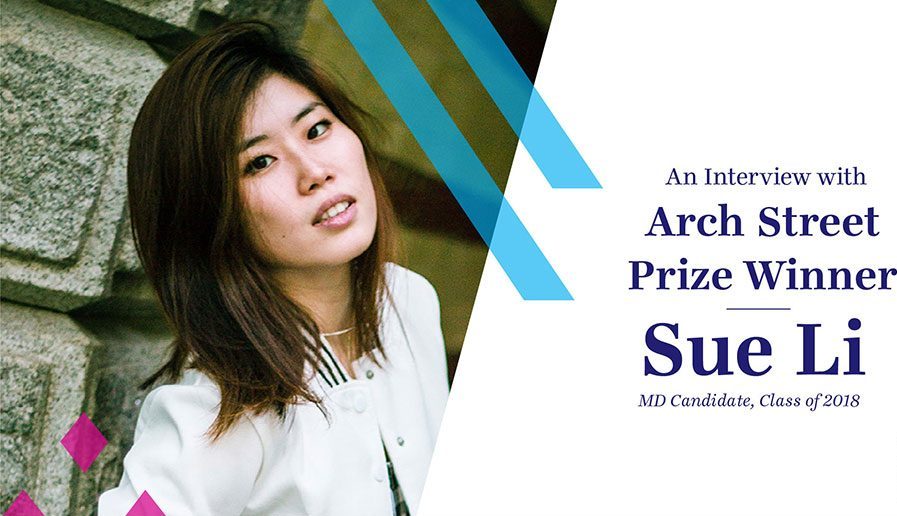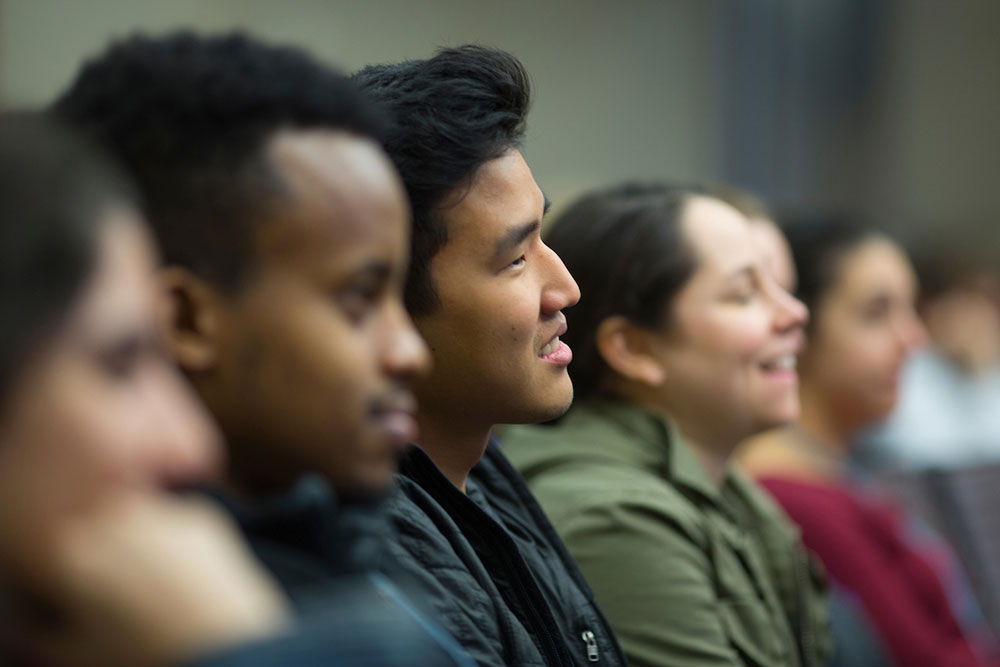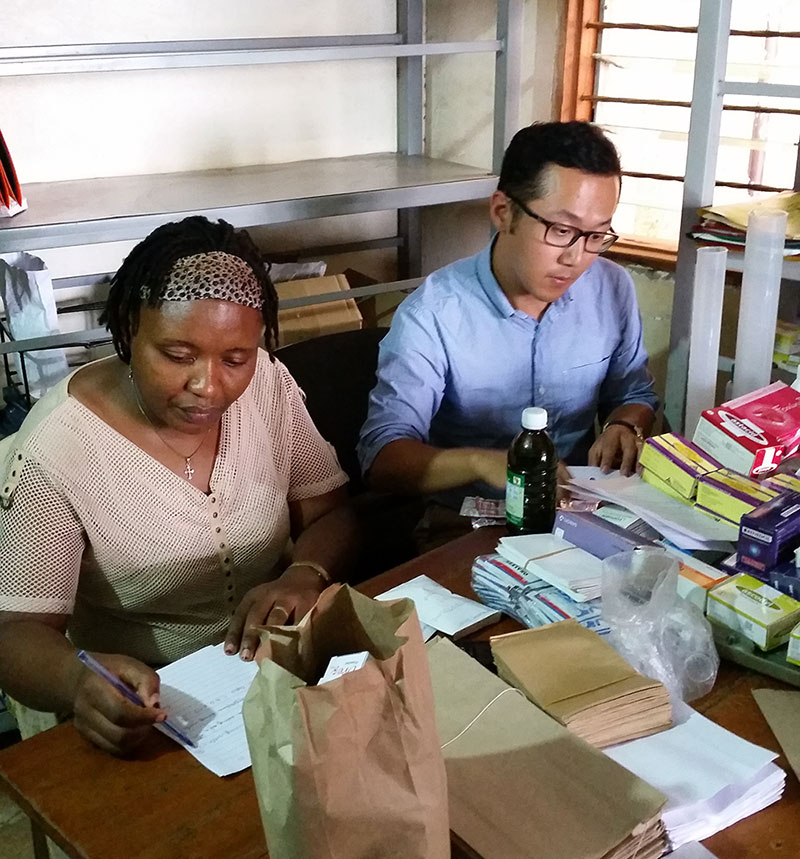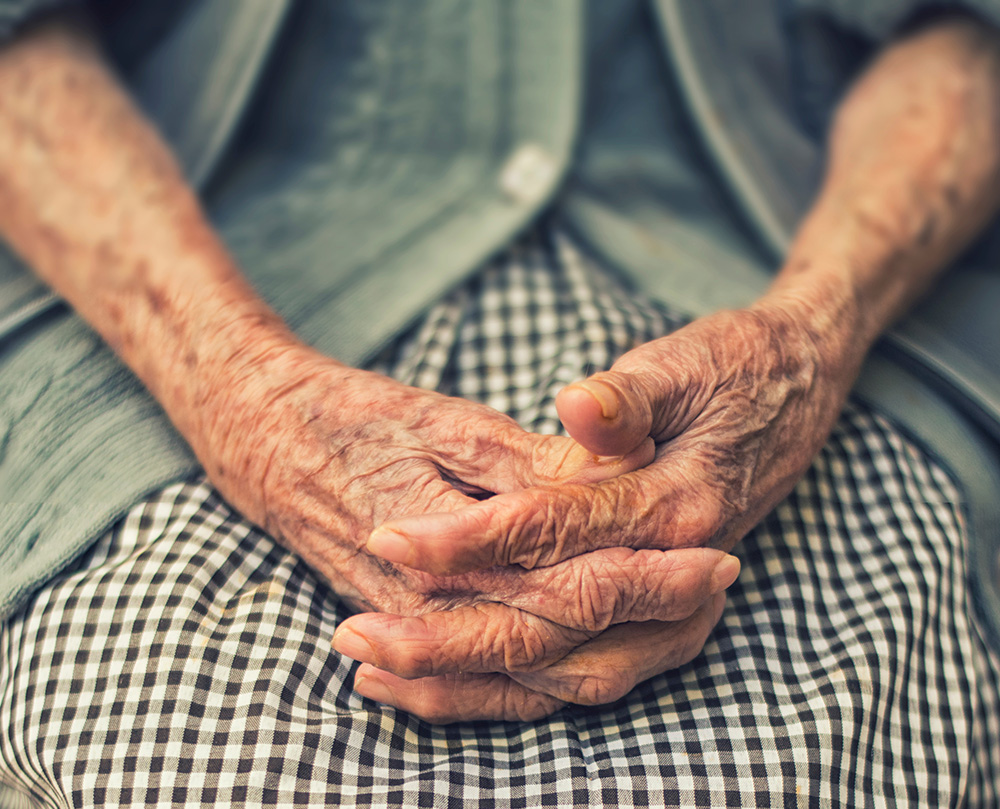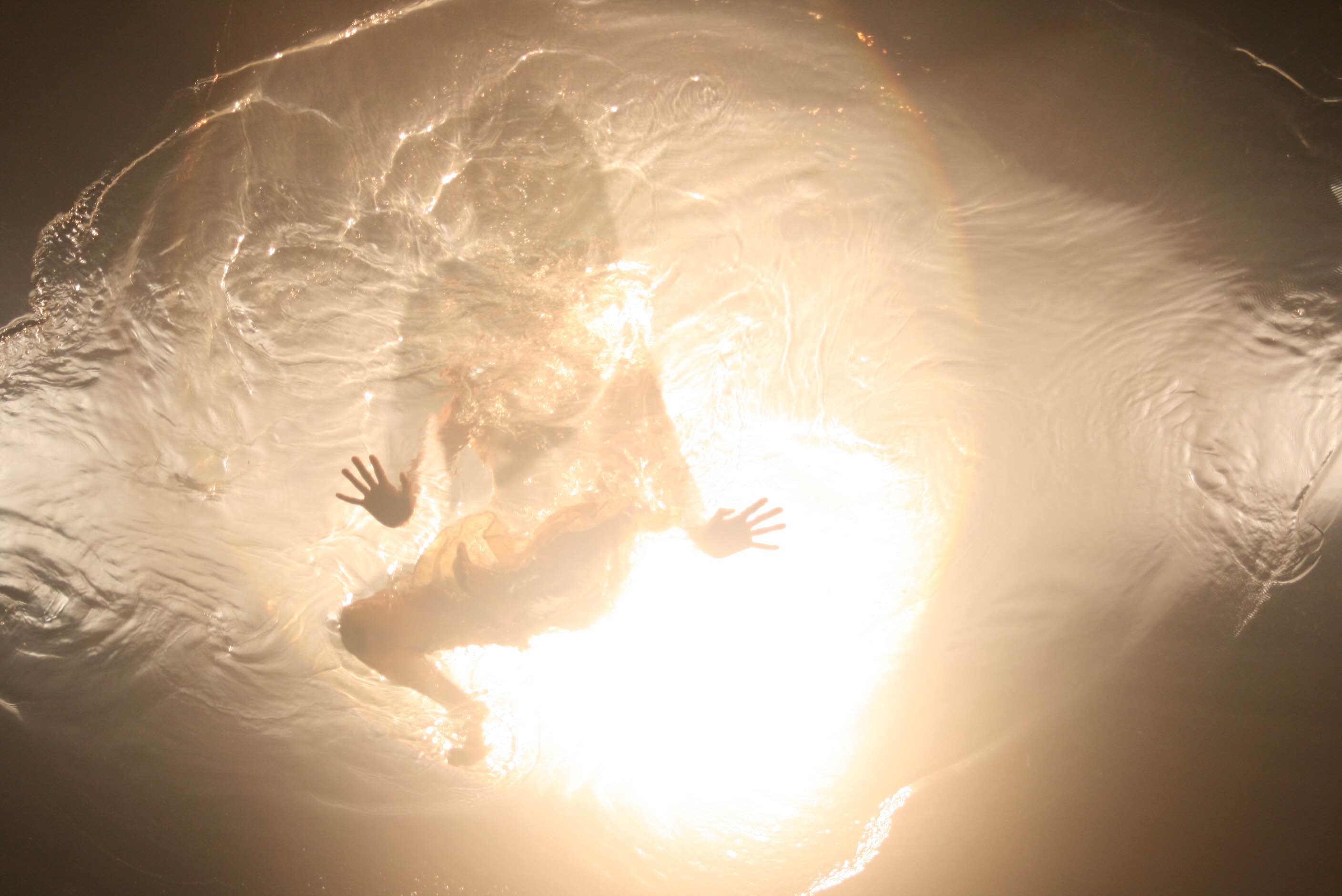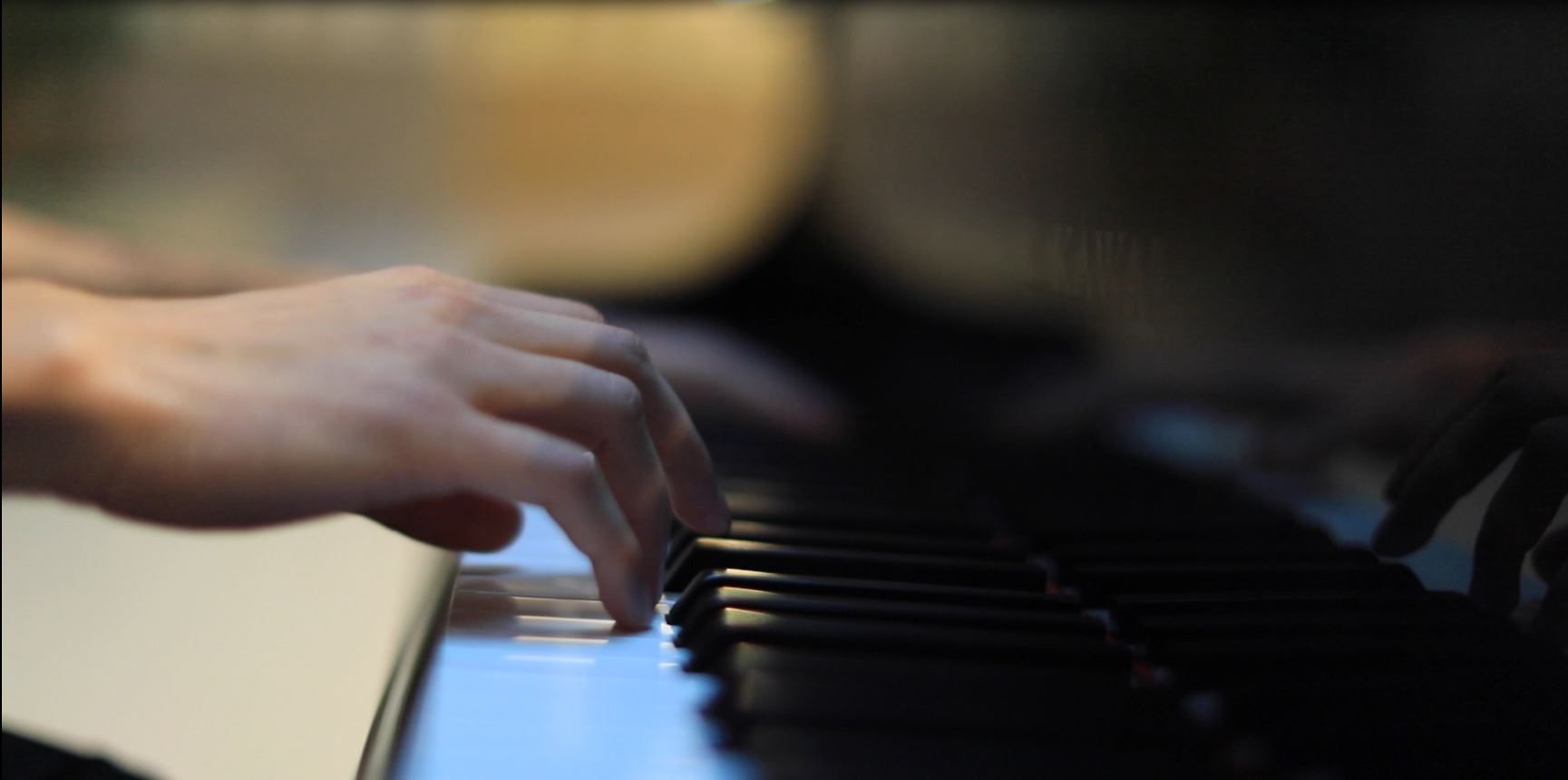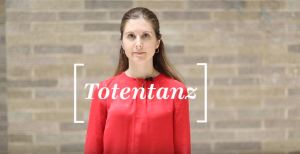Reading for pleasure after a drought feels, I imagine, like a marine animal breaching. Nowadays, an essay stands for indulgence; its serif fonts recall a time when my life was consumed by books (or rather, spent in their consumption). I catch glimpses of a world above, where epic meant poetry, meant story, meant the telling of tales til break of dawn, rather than the late-night perusal of electronic medical records in preparation for morning rounds. A haiku was not written finger-to-phone.
In her essay, “Love in Translation,” Lauren Collins writes: “A foreign language adumbrates a vision of a parallel life. The fantasy is that learning one activates a latent alter ego, righting a linguistic version of having been switched at birth.” I wonder if the language of medicine has activated my latent alter ego, as much as I wonder whether each rotation will activate my inner surgeon, pediatrician, and the like. A physician remarked last week that I “must have majored in a science, engineering, or math.” The moment was instantly gratifying: I felt like I had passed a test. He couldn’t tell I was an English major! I thought, triumphant. Then—he couldn’t tell I was an English major. Not that I expected anyone to see beneath the white coat, yet I felt a pang of sadness that whatever literacy or humanism I thought I acquired hadn’t managed to peek through.1
I wondered at the start of medical school whether I was more writer or physician. I wonder the same today, but with greater assurance. I am a author-to-be, my first publication forthcoming, and I am a physician-to-be, once I finish my rotations, pass my exams, apply to residency, and get a job. These quaint juxtapositions within mirror those without. One afternoon on my Surgery rotation, I examined a patient in the Neurosurgical ICU and went to a hip hop class right afterward. I left dumbfounded. How could I exist, struggling to learn dance moves, while others teetered between life and death? How did we ever learn to dance? The fact that we breathed at all seemed a miracle when my patient’s life was fraught with peril. I have yet to witness death but I think I know its name: entropy.
I learned today that there are three qualities to a haiku. Per Wikipedia, the essence of a haiku is kiru, or “cutting”—the juxtaposition of two images or ideas, punctuated by a kireji (“cutting word”) that at once cleaves and joins them. A kigo (seasonal reference) and the syllable count—the latter of which is disproportionately perpetuated in Western culture—round out the poem.
Hence,
round lumps of cells grow
up to love porridge later
become The Supremes
cracks the kettle, meanwhile (in translation)
An old pond!
A frog jumps in—
the sound of water
moves the stars. What once seemed arbitrary now strikes me as sublime—an effort to capture the universe in the meter of a breath.
Here, then, is my personal struggle against entropy.
Sunrise on 8 East
Beneath the chill stethoscope
The tide ebbs and flows
1 This is not to say that my STEM colleagues are any less humanistic. Simply that for the resulting struggle with biochemistry, I sure hope my humanities background has conferred upon me some small advantage in return.
“Haiku” originally appeared on the author’s private blog.
ABOUT THE AUTHOR
Sue Li graduated from Yale University with a BA in English, having completed the Writing Concentration in nonfiction. She is now a third-year medical student at the Icahn School of Medicine at Mount Sinai, where she hopes to combine her passion for medicine with her love of words.


